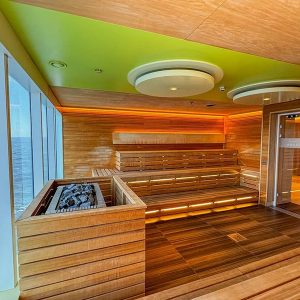Jehan Numa Palace
While our world is still male dominated it might be amazing for us to find a state in India that was once ruled by women in the 19th century. However, it is true in the case of Bhopal. Only a century after the city of Bhopal was founded in 1707 by Nawab Dost Muhammad Khan, the princely power was transferred to the Begums of Bhopal in 1819. The Begum means a Muslim woman of high rank.
The Bhopal state was ruled by the Nawab dynasty at the beginning under the Mughal Empire (1707 to 1737) and then under the Maratha Empire (1737 to 1818). In 1818, the Nawab signed a treaty with the British East India Company and continued to rule his autonomous princely state under British suzerainty. The Nawabs had the sovereign authority in their internal affairs.
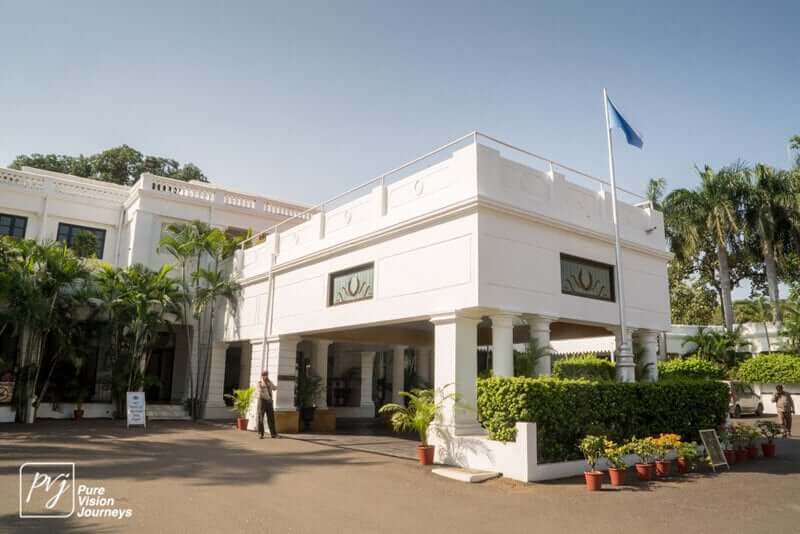 The story unfolds as we look into the history of the city of Bhopal in the period of 1819 to 1926, a time of opulence and prosperity. While in the west, women hadn’t started their fight for the vote, the Begums of Bhopal ruled for over a century. The four women (Begums) marked a unique period in the history of India. Signs of their reigns are still evident in the city.
The story unfolds as we look into the history of the city of Bhopal in the period of 1819 to 1926, a time of opulence and prosperity. While in the west, women hadn’t started their fight for the vote, the Begums of Bhopal ruled for over a century. The four women (Begums) marked a unique period in the history of India. Signs of their reigns are still evident in the city.
I stayed at the Jehan Numa Palace in Bhopal, a royal residence of Nawab family built in the 19th century, which has been converted to a luxury hotel and is spread over 7 acres of land. The Palace was constructed on a high elevation in the Shymala Hills in very proximity to Van Vihar National Park and Upper Lake. There is an exercise track for the horses actually within the hotel. Sitting on my balcony in the morning and watching the fine animals trot by was very special. It is an interesting attraction as you rarely find another hotel in the world which owns horses. On site, they have a stable with four horses and another fourteen horses in a stable nearby. The horses are not for guests to ride but just as an interesting attraction.
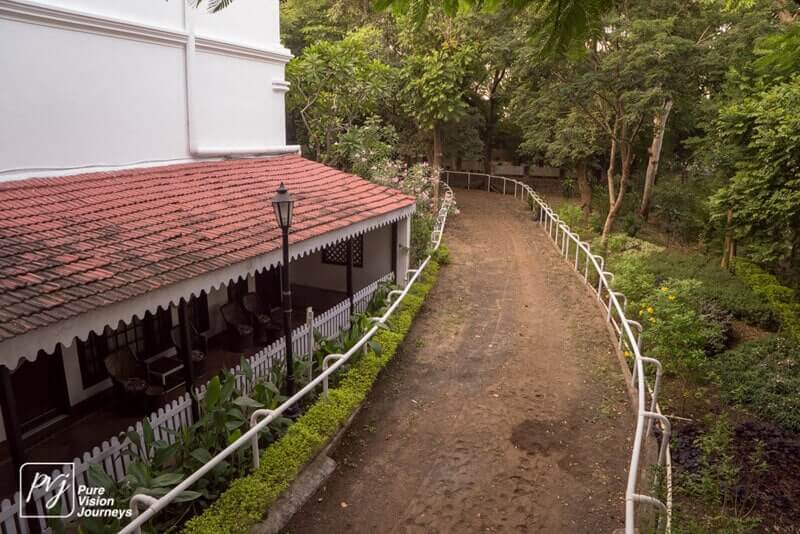 The charming features of the Jehan Numa Palace takes you back to a bygone era. I took a tour of the hotel, walking the hallways and in the courtyards. Gems of colonial architecture combine with traditional Indian culture with modern facilities creating a relaxing environment. The rooms are a mix of British colonial and Italian styles, decorated with local folkloric works of art.
The charming features of the Jehan Numa Palace takes you back to a bygone era. I took a tour of the hotel, walking the hallways and in the courtyards. Gems of colonial architecture combine with traditional Indian culture with modern facilities creating a relaxing environment. The rooms are a mix of British colonial and Italian styles, decorated with local folkloric works of art.
The Jehan Numa Palace was named after the longest Begum ruler of Bhopal, Sultan Jehan Begum who ruled Bhopal from 1844 to 1901. The Palace was built by Sultan Jehan’s son, General Obaidullah Khan in 1890 to honour his mother and keep the memory of her legacy alive. Since 1983, the Palace, a heritage monument and living museum, has been open as a luxury hotel where guests and visitors experience the memory of an extraordinary family. The family photos of Nawab dynasty displayed in the corridors of the hotel show the peaceful royal heritage of the Begums in Bhopal.
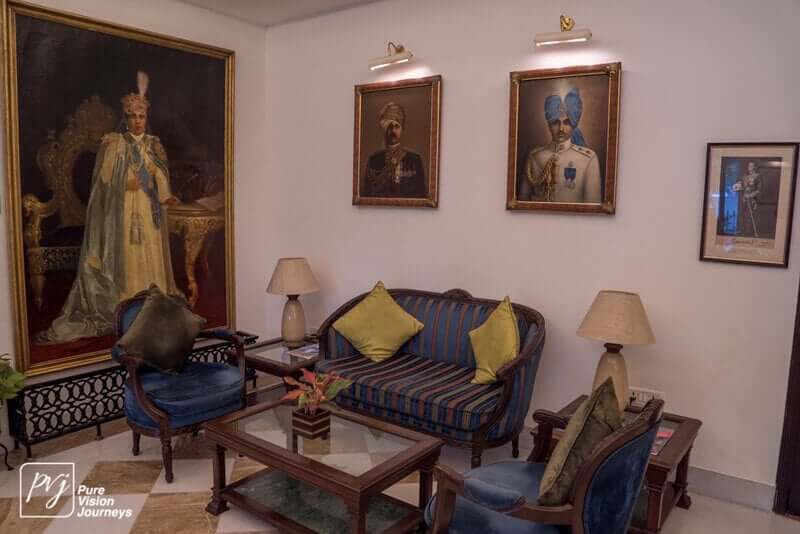 The Jehan Numa Palace Hotel has 106 spacious and comfortable en-suite double rooms with satellite TV, and they are fully air-conditioned. It has been classified as a Heritage Grand Hotel in India. The beautiful green grounds of the hotel blend with the modern recreational facilities, offering the utmost comfort and pleasure. The guests are welcome to use a large swimming pool in the centre of the hotel. The SPA centre is a place of rejuvenation where you could enjoy the use of a traditional jacuzzi and a modern sauna or treat yourself with facial and body treatments. If you are interested in exercising, doing your routine training, there is a fully equipped gymnasium next to the SPA and the swimming pool.
The Jehan Numa Palace Hotel has 106 spacious and comfortable en-suite double rooms with satellite TV, and they are fully air-conditioned. It has been classified as a Heritage Grand Hotel in India. The beautiful green grounds of the hotel blend with the modern recreational facilities, offering the utmost comfort and pleasure. The guests are welcome to use a large swimming pool in the centre of the hotel. The SPA centre is a place of rejuvenation where you could enjoy the use of a traditional jacuzzi and a modern sauna or treat yourself with facial and body treatments. If you are interested in exercising, doing your routine training, there is a fully equipped gymnasium next to the SPA and the swimming pool.
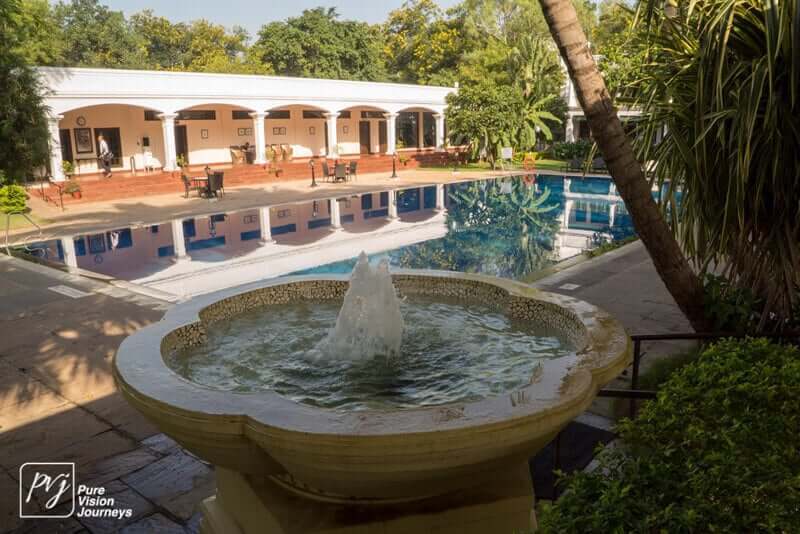 Dinning in Jehan Numa Palace is a must-do to experience: the Nawab culinary traditions take you beyond the taste of ordinary Indian cuisine. The Jehan Numa Palace has four restaurants offering a variety of dishes and cuisines, ranging from Indian and Arabian to Italian and Mediterranean gastronomies. The hotel’s restaurants are not only popular with hotel guests but are also favourite places for diners from the city of Bhopal and other nearby towns. There is also a lounge bar, a small cosy bar and a garden café. I had my buffet breakfast with a variety of cold and warm dishes at Shahnama restaurant which is well known for multi cuisine service. You could also taste the Indian and international cuisine on the à la carte service at Shahnama. The restaurant has been recently renovated with trendy features in line with the heritage aspect of the Palace Hotel, adding an outdoor seating area as well. The “Under The Mango Tree” is another restaurant set appropriately in the courtyard under an ancient mango tree. They offer grilled and barbequed dishes.
Dinning in Jehan Numa Palace is a must-do to experience: the Nawab culinary traditions take you beyond the taste of ordinary Indian cuisine. The Jehan Numa Palace has four restaurants offering a variety of dishes and cuisines, ranging from Indian and Arabian to Italian and Mediterranean gastronomies. The hotel’s restaurants are not only popular with hotel guests but are also favourite places for diners from the city of Bhopal and other nearby towns. There is also a lounge bar, a small cosy bar and a garden café. I had my buffet breakfast with a variety of cold and warm dishes at Shahnama restaurant which is well known for multi cuisine service. You could also taste the Indian and international cuisine on the à la carte service at Shahnama. The restaurant has been recently renovated with trendy features in line with the heritage aspect of the Palace Hotel, adding an outdoor seating area as well. The “Under The Mango Tree” is another restaurant set appropriately in the courtyard under an ancient mango tree. They offer grilled and barbequed dishes.
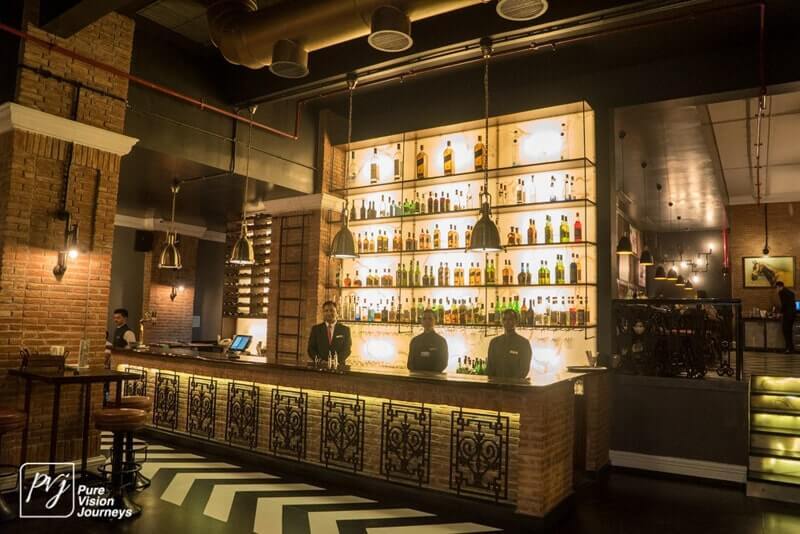 The Jehan Numa Palace Hotel has a convention centre and several halls suitable for events and banqueting. Mr Gaurav Rege, the manager of the hotel talks very proudly of the heritage of Nawab Dynasty which is reflected in the Jehan Numa Palace. Gaurav expressed great honour at the hotel hosting all the important events in central India including official meetings of governors and ministers. Gaurav said that the hotel has been doing very well even during the pandemic because of investment in extensive safety and hygiene protocols.
The Jehan Numa Palace Hotel has a convention centre and several halls suitable for events and banqueting. Mr Gaurav Rege, the manager of the hotel talks very proudly of the heritage of Nawab Dynasty which is reflected in the Jehan Numa Palace. Gaurav expressed great honour at the hotel hosting all the important events in central India including official meetings of governors and ministers. Gaurav said that the hotel has been doing very well even during the pandemic because of investment in extensive safety and hygiene protocols.
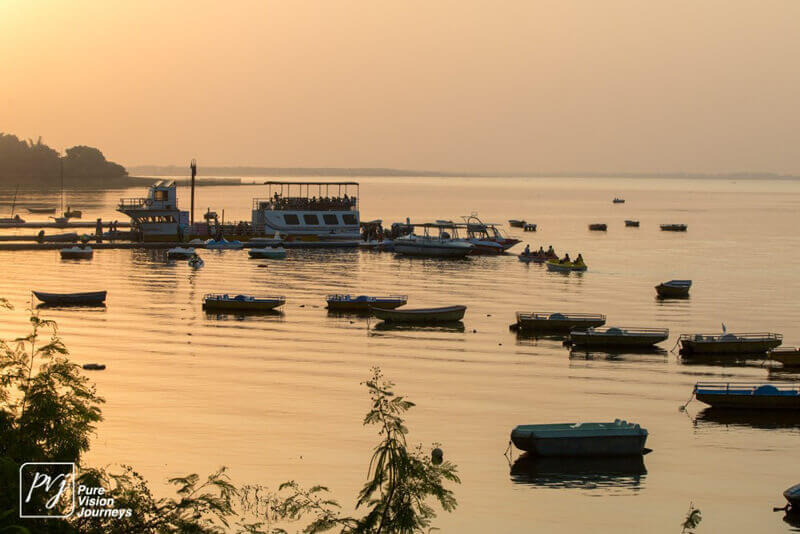 The area of the Shymala Hills along the Upper Lake in the heart of the city is a place for tracking and cycling. The location of the Jehan Numa Palace in the Shymala Hills is a convenient location to visit all the must-see landmarks of Bhopal. I hope to return again to discover more stories about the Nawab Dynasty and the city of Bhopal.
The area of the Shymala Hills along the Upper Lake in the heart of the city is a place for tracking and cycling. The location of the Jehan Numa Palace in the Shymala Hills is a convenient location to visit all the must-see landmarks of Bhopal. I hope to return again to discover more stories about the Nawab Dynasty and the city of Bhopal.
In the next part, I explore the wonders of this amazing city and tell you all about my findings.
More information
To find out more about the Jehan Numa Palace Hotel and book your next trip, please visit www.jehannuma.com.
To see more of Reza’s images of Jehan Numa Palace and Bhopal, go to www.amirinia.com/india.
Images and story © Mohammed Reza Amirinia

